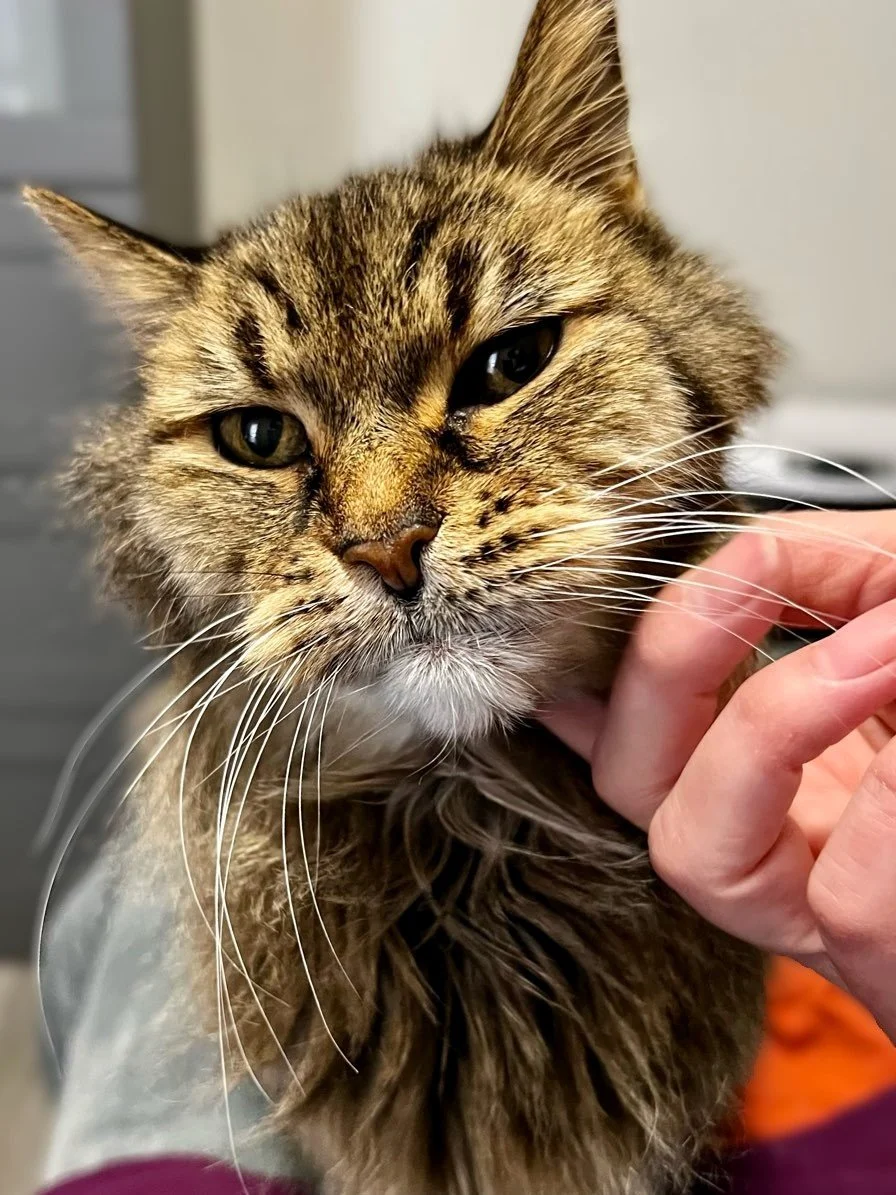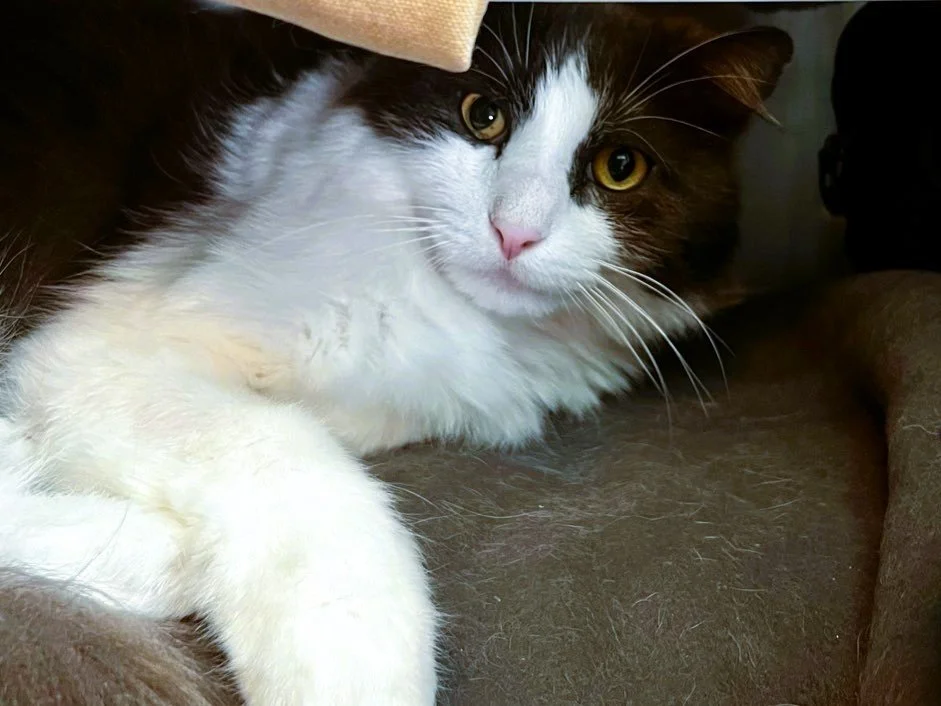What Is a Highly Sensitive Pet? Signs, Science, and the Gentle Care They Deserve
Some pets are more than just observant—they’re highly sensitive animals, deeply attuned to their environments and in need of gentle, supportive care. Understanding their unique sensory world can help guardians, shelters, and pet sitters create calm, secure experiences that honor these companions’ emotional depth.
🌿 Understanding Sensory Sensitivity in Pets
Sensory Processing Sensitivity (SPS) is a biological trait that affects how deeply an individual processes information and stimuli. First studied in humans, it’s now recognized in other species as well. In 2017, researchers developed the Highly Sensitive Dog questionnaire to assess this trait in canines, revealing a spectrum of sensitivity across individual dogs. These animals displayed heightened awareness, deeper emotional responsiveness, and increased stress when faced with unpredictable or intense situations (Walker et al., 2017, PLOS ONE).
While similar peer-reviewed research in cats is still developing, years of hands-on experience in veterinary, shelter, and home settings suggest that many cats also experience the world with this kind of depth. From their need for agency and choice, to their sensitivity to environmental changes and human energy, cats show clear signs of a parallel trait. Recognizing this opens the door to a more compassionate, informed approach to feline care.
🐾 Signs Your Pet May Be Highly Sensitive
Just like people, animals show their sensitivity in individual ways. That said, some common signs include:
A strong startle response to noise or sudden movement
Discomfort or withdrawal when routines change
Overstimulation in busy or loud environments
A tendency to observe quietly before engaging
Deep emotional bonds and heightened empathy
Stress behaviors in response to chaos or inconsistency
For highly sensitive pets, the world can feel louder, faster, and more intense than it does to others. But their sensitivity is not a weakness—it’s a reflection of how much they notice, process, and care.
🏡 Why In-Home, Stress-Free Pet Sitting Matters
For highly sensitive pets, environmental predictability is essential. Unlike boarding or daycare—which can introduce noise, unfamiliar animals, and broken routines—in-home pet sitting offers safety, familiarity, and calm.
Benefits of in-home care include:
Consistent routine for feeding, walking, and medications
Familiar surroundings that reduce anxiety
No car rides, kennel stress, or new environments
Personalized, gentle interaction at the animal’s pace
Scientific research supports the importance of stable routines and low-stress environments for animals prone to anxiety or reactivity (Beata et al., Journal of Veterinary Behavior, 2007).
🕰️ Sensitivity and Aging: Extra Care for Senior Pets
As pets grow older, they often become more sensitive—not just physically, but emotionally as well. Aging affects hearing, vision, cognition, and mobility, all of which can lower tolerance for change and stress. A 2020 study in Communications Biology linked aging to increased vulnerability to stress-induced behaviors and depressive-like symptoms in animals (Nature Communications Biology, 2020).
That’s why aging pet care benefits from calm, midday visits, where a familiar person provides a meal, a walk, a medication dose, or simply gentle presence. These small moments of stability support comfort and trust throughout the day.
Final Thoughts
Highly sensitive pets aren’t fragile—they’re beautifully aware, emotionally rich beings who benefit deeply from compassionate, attuned care. While scientific inquiry into this trait in animals is still growing, the evidence we do have points clearly to one thing: these animals thrive when we slow down, soften our approach, and offer care that respects their inner world.
✨ Looking for real-world examples of how to support your sensitive companion with calm, thoughtful care? Here’s how The Empowered Companion honors sensitive pets through in-home visits, Animal Reiki, and feline behavior support.
Recognizing your pet’s sensitivity is the first step toward offering them the care they truly need. Whether you’re seeking support now or simply gathering insight for the future, we invite you to stay connected. Our blog and services are here to help you navigate this journey—softly, slowly, and with heart.
💌 Receive new insights and tips for supporting sensitive pets right in your inbox.
This article is brought to you by Jaime Kuhn, the founder and owner of The Empowered Companion®, a platform dedicated to enriching family life through mindful and compassionate practices with our animal friends.
©2025 The Empowered Companion®














